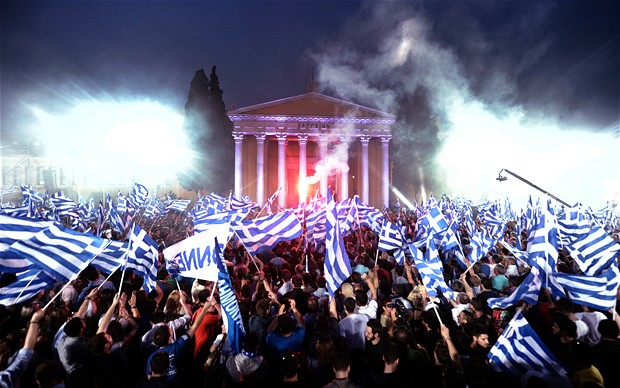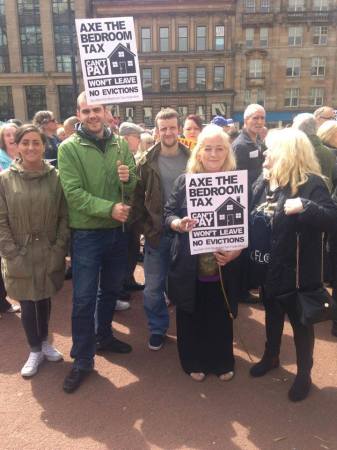National Secular Society ✒ Using faith groups to deliver services for women experiencing violence may risk exploitation, the National Secular Society has told the Scottish government.
The NSS warned against outsourcing services tackling violence against women and girls (VAWG) to religious groups which proselytise to service users or fail to support women's equality in response to an independent review established by the Scottish government.
The review aims to develop a new funding model that will "ensure high quality, accessible specialist services" across Scotland for those experiencing any form of VAWG.
Women's groups must "constantly contend" with faith groups
The NSS said there are "specific concerns" regarding outsourcing VAWG services to religious groups.
It said many religious organisations do not support women's equality because they bar women from leadership roles or teach that women are subordinate to men. They may also oppose access to contraception and abortion, which may be "essential" to victims of VAWG.
The NSS said moves in England to give government funds to faith groups offering community services has attracted criticism from Pragna Patel of Southall Black Sisters, which defends the rights of women in ethnic minority communities.
The NSS warned against outsourcing services tackling violence against women and girls (VAWG) to religious groups which proselytise to service users or fail to support women's equality in response to an independent review established by the Scottish government.
The review aims to develop a new funding model that will "ensure high quality, accessible specialist services" across Scotland for those experiencing any form of VAWG.
Women's groups must "constantly contend" with faith groups
The NSS said there are "specific concerns" regarding outsourcing VAWG services to religious groups.
It said many religious organisations do not support women's equality because they bar women from leadership roles or teach that women are subordinate to men. They may also oppose access to contraception and abortion, which may be "essential" to victims of VAWG.
The NSS said moves in England to give government funds to faith groups offering community services has attracted criticism from Pragna Patel of Southall Black Sisters, which defends the rights of women in ethnic minority communities.
Continue reading @ National Secular Society.

















